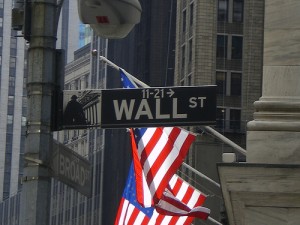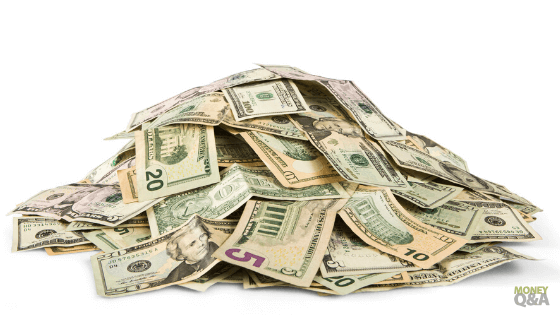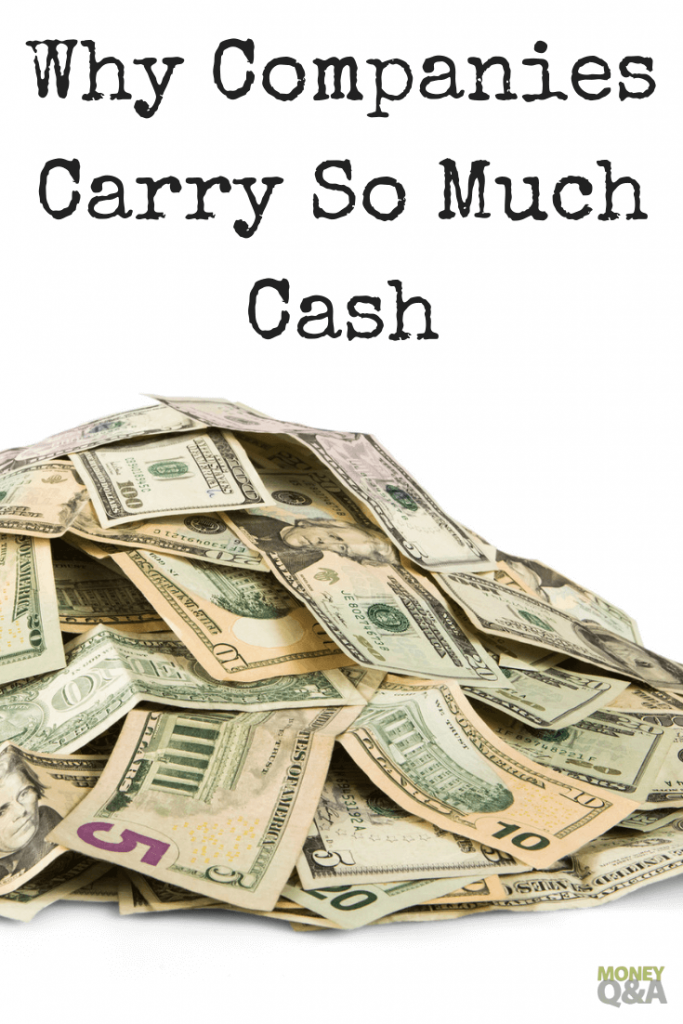
A balance sheet of a company is where records of how much money the company has, how much debt it owes, and what is the remaining amount for the stockholders. It is a financial statement that lets investors know where the company stands with its financial accounts.
If you want to keep track of how well the company you have invested in is doing and if they are in good status, you might want to check out those companies’ balance sheets.
How Balance Sheets Are Constructed
But if you are new to looking at these things, it is important to know something about balance sheets. The first thing you will see and notice in a balance sheet is the asset column, wherein the company’s total assets are stated.
Under this column, you will see a section for current assets where all the company properties that can be converted to cash in a short span of time are listed. These properties which can easily be converted to cash are also called liquid assets.
Basically, they are made up of cash and cash equivalents. In the simplest of terms, cash equivalents are the amount of money available to the company that can be quickly converted to cash to pay a company’s bills.

Why Companies Have A Lot Of Cash On Their Balance Sheets?
You will notice that many companies have turned to carry extra cash on their balance sheets, and the trend has increased over the past several years. Some of this cash is actually borrowed money from the bank, and other cash deposits are saved from everyday operations.
Like many American families, the recession of 2008 has a lot of companies spooked. These publicly traded companies have turned to stockpile their cash for a rainy day after many have learned their lesson by not having enough set aside during the recession.
What About Dividends?
Many companies also keep a hefty cash reserve to pay dividends and, in some cases, buy back shares of their stock on the open market. But, most of all, they keep cash on hand to have the extra money if the company needs a little financial backup.
Extra cash on their balance sheets makes sure that companies have a little extra to run to whenever their earnings are not good enough to maintain or expand their business. Businesses put away and save some cash for the rainy days.
Then again, borrowed money that shows on the balance sheet is not really as good as their assets’ actual cash and cash equivalents. When looking at balance sheets, it is best to carefully study and know if the declared cash and cash equivalents are from real assets earned through the business’ operations and income or if the extra cash comprises borrowed money from the bank.
Understanding a company’s cash flow will help investors understand the business’s underlying principles and where it is headed.

